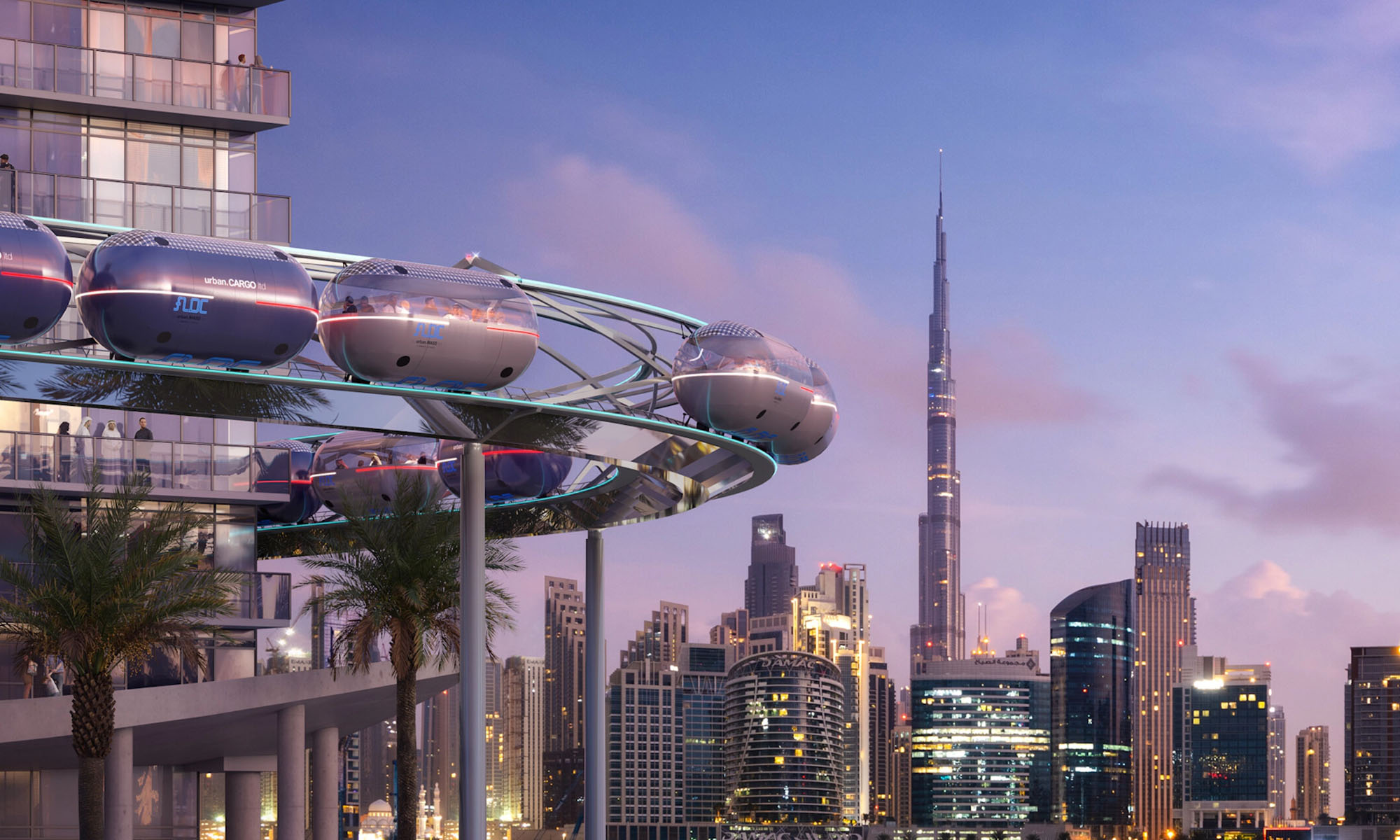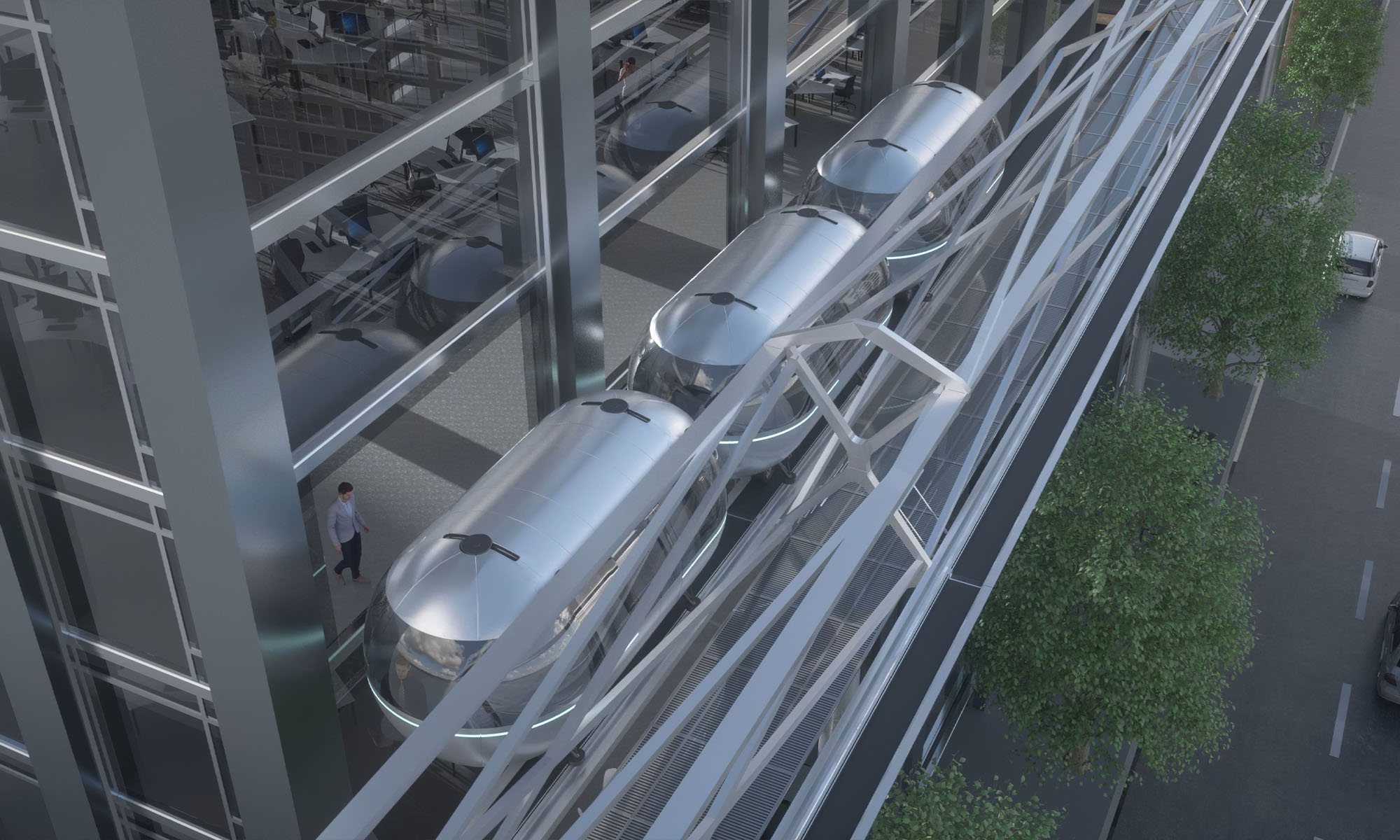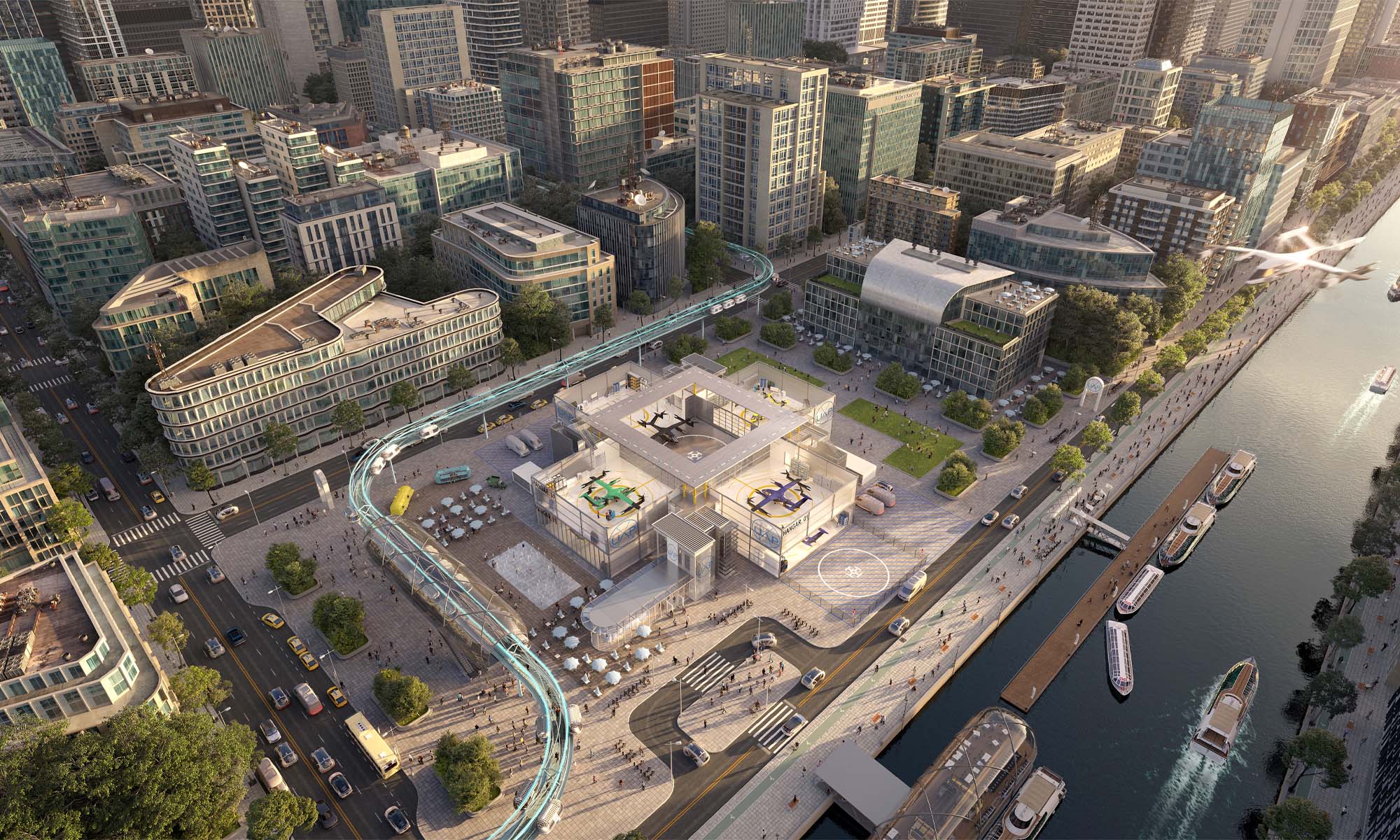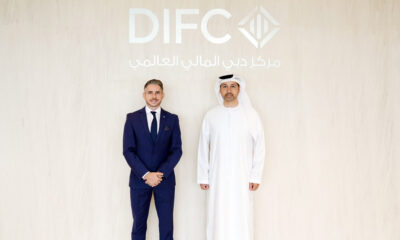News
Dubai Plans To Deploy Driverless Pods And Green Rail Buses
The high-tech transport systems will facilitate eco-friendly, sustainable travel and reduce carbon emissions by as much as 50%.

Dubai is expanding its range of sustainable transportation options with the addition of autonomous pods and a solar-powered rail bus system. The forward-thinking move will complement the city’s already ambitious projects, such as flying cars and robotaxis.
The Roads and Transport Authority (RTA) recently signed two Memorandums of Understanding (MoUs) with UK and US-based private companies to bring innovative transportation solutions to Dubai.

The initial MoU was established with Urban.MASS, a UK-based firm, to explore the feasibility of deploying these new transportation systems. According to Abdul Mohsen Kalbat, CEO of RTA, the solar-powered rail buses will run on double tracks, facilitating swift and efficient movement throughout the city. During the initial pilot phase, authorities hope to reduce carbon emissions by an impressive 50%.

The RTA has also partnered with Rail Bus, a US company, to introduce a sustainable transport system where vehicles travel on a bridge equipped with solar panels. RTA CEO Kalbat explained that the system will feature a contemporary design and be more cost-effective than similar transportation alternatives.
Also Read: Dubai Robot Maker To Triple Workforce And Build New Plant
Dubai’s vision for the future of transportation aligns with the city’s commitment to sustainability and eco-friendliness and strengthens the Emitate’s reputation as a pioneer in modern urban mobility.
News
Rabbit Expands Hyperlocal Delivery Service In Saudi Arabia
The e-commerce startup is aiming to tap into the Kingdom’s underdeveloped e-grocery sector with a tech-first, locally rooted strategy.

Rabbit, an Egyptian-born hyperlocal e-commerce startup, is expanding into the Saudi Arabian market, setting its sights on delivering 20 million items across major cities by 2026.
The company, founded in 2021, is already operational in the Kingdom, with its regional headquarters now open in Riyadh and an established network of strategically located fulfillment centers — commonly known as “dark stores” — across the capital.
The timing is strategic: Saudi Arabia’s online grocery transactions currently sit at 1.3%, notably behind the UAE (5.3%) and the United States (4.8%). With the Kingdom’s food and grocery market estimated at $60 billion, even a modest increase in online adoption could create a multi-billion-dollar opportunity.
Rabbit also sees a clear alignment between its business goals and Saudi Arabia’s Vision 2030, which aims to boost retail sector innovation, support small and medium-sized enterprises, attract foreign investment, and develop a robust digital economy.
The company’s e-commerce model is based on speed and efficiency. Delivery of anything from groceries and snacks to cosmetics and household staples is promised in 20 minutes or less, facilitated by a tightly optimized logistics system — a crucial component in a sector where profit margins and delivery expectations are razor-thin.
Despite the challenges, Rabbit has already found its stride in Egypt. In just over three years, the app has been used by 1.4 million customers to deliver more than 40 million items. Revenue has surged, growing more than eightfold in the past two years alone.
Also Read: Top E-Commerce Websites In The Middle East In 2025
CEO and Co-Founder Ahmad Yousry commented: “We are delighted to announce Rabbit’s expansion into the Kingdom. We pride ourselves on being a hyperlocal company, bringing our bleeding-edge tech and experience to transform the grocery shopping experience for Saudi households, and delivering the best products – especially local favorites, in just 20 minutes”.
The company’s growth strategy avoids the pitfalls of over-reliance on aggressive discounting. Instead, Rabbit leans on operational efficiency, customer retention, and smart scaling. The approach is paying off, having already attracted major investment from the likes of Lorax Capital Partners, Global Ventures, Raed Ventures, and Beltone Venture Capital, alongside earlier investors such as Global Founders Capital, Goodwater Capital, and Hub71.























